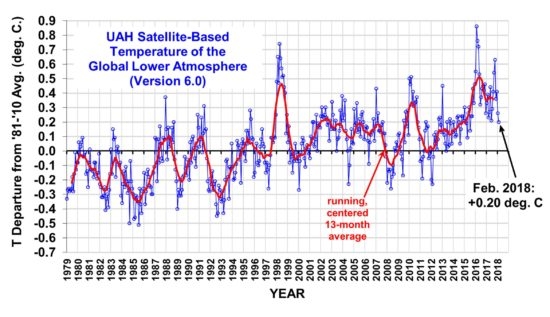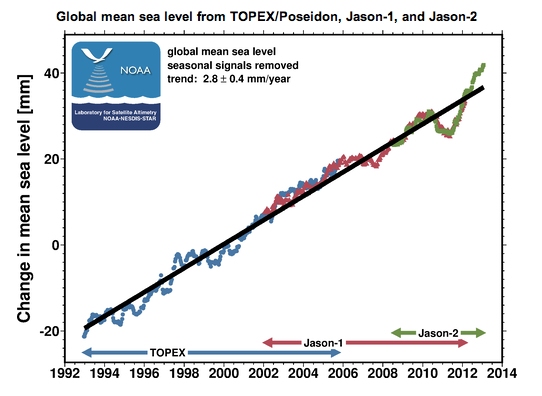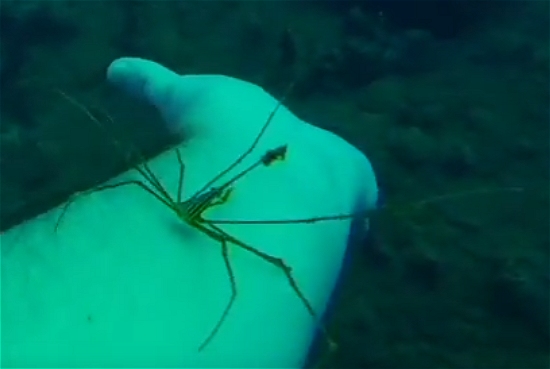
In 1988, the U.S. Senate’s Committee on Energy and Natural Resources held a hearing on the greenhouse effect and global climate change (transcript here, digitized version here). In that hearing, Dr. Michael Oppenheimer (atmospheric physicist and senior scientist with the Environmental Defense Fund) testified about the impending doom that were are all facing if we don’t immediately curtail our greenhouse gas emissions. He said, in part:
Certain gases which occur in the atmosphere in small amounts are growing rapidly in concentration due to human activities related to industry and agriculture. Primary among these is carbon dioxide, a product of coal, oil, and natural gas combustion. These “greenhouse gases” trap heat radiating from the surface of the earth which would normally escape into space, resulting in a warming of the surface. This increase in global temperature causes a concomitant rise in global sea level as ocean water expands and land ice melts. As long as the amounts of greenhouse gases increase in the atmosphere, this process will continue unabated. There will be no winners in this situation, only a globe full of losers. Today’s beneficiaries of change will be tomorrow’s victims as the changing climate rolls past them like a wave that first sweeps you up, then drops you in the trough behind it. The very concept of conservation does not exist in a world which may change so fast that ecosystems, which are slow to adjust, will wither and die. The technical findings of the Villach-Bellagio workshops include: Global mean temperature will likely rise at about 0.6 degrees Fahrenheit per decade and sea level at about 2.5 inches per decade over the next century. These rates are 3 to 6 times recent historical rates. (emphasis mine)
Well, this prediction was made 30 years ago. That’s about one-third of the timescale that he is discussing (“over the next century”). Nevertheless, we don’t see any hint that his predictions are coming true. Examine the image at the top of the post. It shows the latest satellite-measured global temperatures, which have been recorded since 1979. Is there any indication that rate at which global temperature is rising has increased since 1988? No. In fact, you could easily argue that the rate of global temperature increase was higher from 1988 to 1998 that it has been since 1998. There even seems to have been a “pause” in temperature increase from 2002 to 2015.
What of his prediction that the rate of sea level rise would increase? Well satellites have been measuring that for a while, too. Here is what they have seen since 1993:

Notice that the rate of sea level rise is 2.8 millimeters per year (1.1 inches per decade), less than half of what Dr. Oppenheimer predicted. More importantly, notice that the rate of increase has been pretty constant, despite the fact that the carbon dioxide concentration in the atmosphere rose significantly during that same time period.
Now, of course, these are relatively short time periods, so it’s always possible that there are some surprises ahead. However, given the fact that nearly one-third of the time that Dr. Oppenheimer was discussing has already passed, we can say that there are certainly no indications that his predictions have any chance of coming true.
Why am I sharing this with my readers? For two reasons. First, a scientific theory is judged by the success of its predictions. Right now, the theory that is guiding most climate alarmists has failed in its predictions (see here, here, and here). That should tell you something about its soundness. Second, the climate alarmists will continue to make dire predictions, regardless of what the data say. It is important for people to learn how wrong their previous predictions have been.



